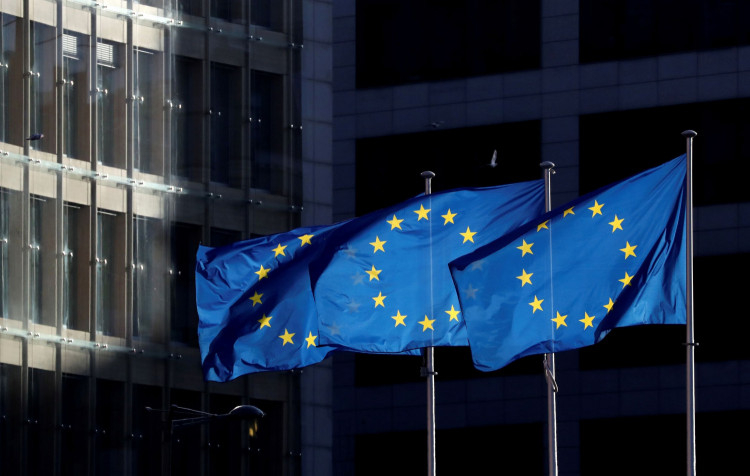Following complaints from EU telecom operators, Europe's digital chief Margrethe Vestager said on Monday that tech giants such as Google, Meta, and Netflix may have to bear some of the cost of Europe's telecoms network.
According to a report released on Monday by telecoms lobbying group ETNO, Meta, Alphabet, Apple, Amazon, Microsoft, and Netflix accounted for more than 56% of global data traffic last year.
Researchers from the European Telecommunications Network Operators' Association, Amazon said, Meta and Netflix account for more than 55 percent of the region's mobile and broadband network traffic, at a cost of between $15.8 billion and $29.4 billion (ETNO).
The tech giants' annual contribution of 20 billion euros ($21 billion) to network costs could provide a 72-billion-euro boost to the EU economy. Among ETNO's members are Deutsche Telekom and Orange.
Vestager, on the other hand, dismissed calls from the telecoms industry to relax EU merger rules to allow for more consolidation.
"And we are in the process of getting a thorough understanding of how that could be enabled," Vestager explained, adding that she is investigating how data traffic evolves.
Her remarks came a day after an industry report stated that Big Tech and video streaming services must bear some of the nearly $30 billion in network infrastructure costs incurred by European telecommunications groups as a result of their dominance of network infrastructure.
To reach their customers, social media companies, streaming services, and online shopping behemoths depend on the Internet and fixed or mobile telecommunications networks. They are commonly referred to as OTTs because they must run on top of current infrastructures (over-the-top).
Telecom companies claim that because the services provided by these OTTs generate an increasing amount of traffic and data, which necessitates investments to upgrade networks, these costs should be distributed more fairly.
Vestager, on the other hand, dismissed calls from the telecoms industry to relax EU merger rules to allow for more consolidation.
The executives mentioned a recent case in South Korea in which a court-ordered Netflix to pay SK Broadband for an increase in traffic on its network late last year caused by the success of its "Squid Game" series.
They wish that European legislators will understand and empathize with their cause, citing a statement released by the European Commission as part of its digital rights statement, that states that all market participants who benefit from the digital transformation [should] contribute a fair and proportionate share of the cost of public goods, services, and infrastructure.






